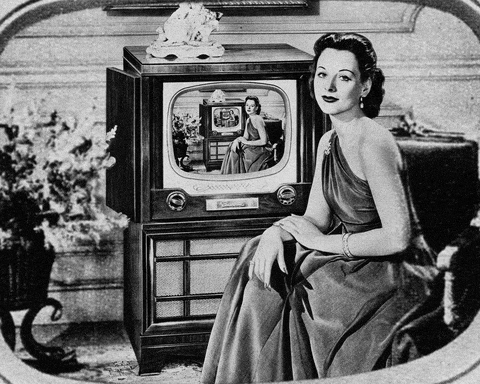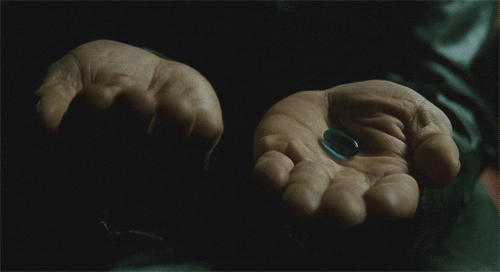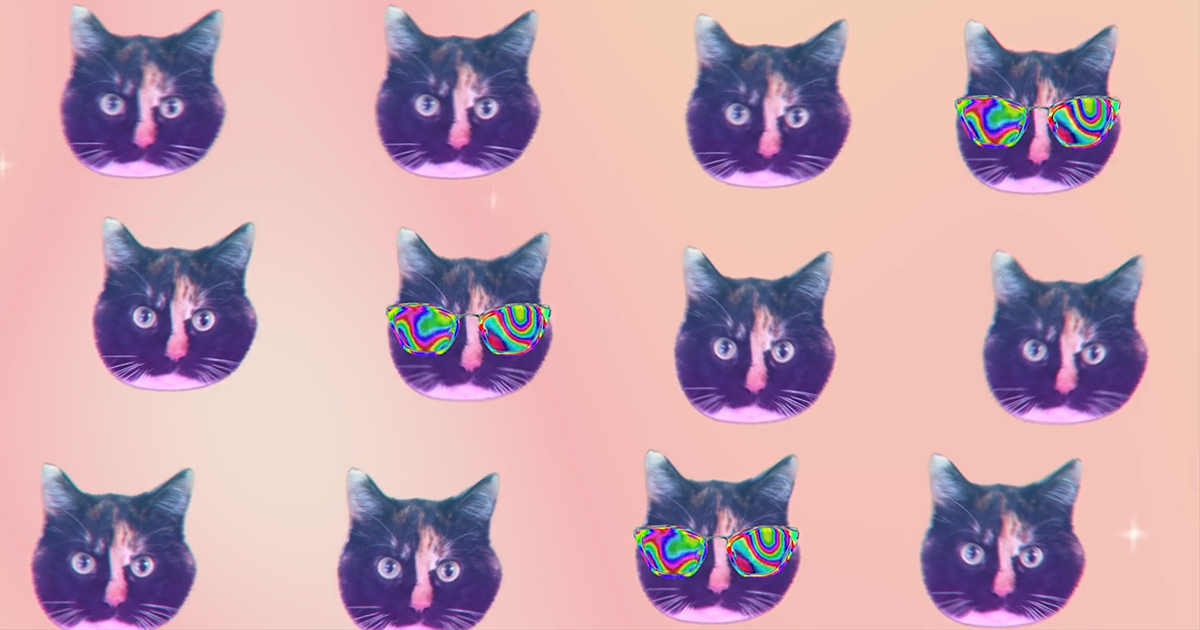
READ MORE: Reality Is Just a Game Now (The New Atlantis)
We’ve collectively gone so far down so many different rabbit holes that we’ve lost our ability to find our way out.
It may be that we don’t even want to.
What if confirmation bias (the vicious circle of social media content that confirms what we already believe) is so ingrained because we like it?
“It’s the emotional relish we feel, the sheer delight when something in line with our deepest feelings about the state of the world, something so perfect, comes before us,” says Jon Askonas, assistant professor of politics and a fellow at the Center for the Study of Statesmanship at the Catholic University of America.
“Those feelings have a lot in common with how we feel when our sports team scores a point or when a dice roll goes our way in a board game.”
He runs with this idea in an extensive article at The New Atlantis.
In particular, Askonas draws parallels between the way different versions of truth gain ground and the rise of Alternative Reality Games. ARGs use the real world as a platform to tell an interactive story that may be affected by player’s ideas or actions. Examples include Playstation’s Xi, Blizzard’s Sombra and Disney’s The Optimist (a fictional alternate history of Walt Disney and his involvement in a secret society connected to the 1964 World’s Fair released alongside with 2013 movie Tomorrowland).
He’s not the first to make the connection. In 2020, Adrian Hon, designer of the game Perplex City, wrote a widely shared Twitter thread and blog post drawing parallels between QAnon and ARGs.
Theory: QAnon is popular partly because the act of “researching” it through obscure forums and videos and blog posts, though more time-consuming than watching TV, is actually *more enjoyable* because it’s an active process.
— Adrian Hon (@adrianhon) July 9, 2020
Game-like, even; or ARG-like, certainly.
“I don’t mean to say QAnon is an ARG or its creators even know what ARGs are,” Hon tells Askonas. “This is more about convergent evolution, a consequence of what the internet is and allows.”
READ MORE: What ARGs Can Teach Us About QAnon (MSSV)
In other words, the similarities between QAnon and ARGs do not owe to something uniquely insane about Q followers. Rather, Hon says, both are outgrowths of the same structural features of online life.
In ARGs, Hon writes, “if speculation is repeated enough times, if it’s finessed enough, it can harden into accepted fact.”
Michael Andersen, a writer on gaming, tweets that “All of the assumptions and logical leaps have been wrapped up and packaged for you, tied up with a nice little bow. Everything makes sense, and you can see how it all flows together.”
See, when you’re reading (or watching) a summary of an ARG? All of the assumptions and logical leaps have been wrapped up and packaged for you, tied up with a nice little bow. Everything makes sense, and you can see how it all flows together.
— Michael Andersen (@mjandersen) July 19, 2020
To be a consumer of digital media is to find yourself increasingly “trapped in an audience,” as Charlie Warzel puts it, playing one alternate reality game or another. ARGs take advantage of ordinary human sociality and our inherent need to make sense of the world.
READ MORE: You (Yes, You!) Are Trapped In An Audience (Galaxy Brain)
With both QAnon and alternate reality games, it can be hard to tell what is and isn’t “real.” Of course, QAnon followers think that their world is the real world, whereas ARG players know they are in a game. That’s an important difference.
“But the point of an ARG is also to blur the boundaries of the game,” insists Askonas. “In fact, many use a ‘this is not a game’ conceit, intentionally obscuring what is real and what are made-up parts of the game in order to create a fully immersive experience.”
Widely held beliefs on Russiagate? On the origins of the coronavirus? Absurd denial of 2020 election results? COVID hysteria?
You can call it the gamification of conspiracy theory if you want, but electronic ARGs didn’t start the war. Askonas traces it as least as far back as fantasy role playing game Dungeons & Dragons in the 1970s, where “the point of playing was not to beat your opponent but to share in the thrill of making up worlds and pretending to act in them.”
SOCIAL MEDIA, WEB3, AND HUMANITY’S DIGITAL FUTURE:
Technology and societal trends are changing the internet. Concerns over data privacy, misinformation and content moderation are happening in tandem with excitement about Web3 and blockchain possibilities. Learn more about the tech and trends driving humanity’s digital future with these hand-curated articles from the NAB Amplify archives:
- The TikTok-ing of Western Civilization
- Web3 and the Battle for the Soul of the Internet
- Our Collective (and Codependent) Relationship with Data
- Want to Fix Social Media? Stop Listening to the Bots and Algos
- Social Media Is a Disaster for Democracy, But Who’s Going to Change It?
Cynics might argue that the bygone era of mass media was not a golden age of truth, but was subject to its own overarching narratives and its own biased reporting.
Askonas is ready to counter.
“What [mattered then] is that mass media, rooted in an advertising business model and in broadcast technologies, created the incentives and capability for only a small number, perhaps even just one, of these narratives to emerge at one time. Both journalists and spin doctors attempted to massage or manipulate the narrative here or there, but eventually mass media converged on whatever the narrative was.”

However: “In an age of alternate realities, narratives do not converge.”
He proceeds to argue that the media ecosystem of today produces alternate realities that also undermine what remains of consensus reality by portraying it as just one problematic but boring option among many.

Sometimes called “red-pilling,” after The Matrix — the process of arriving at this contrary view of the consensus, according to Askonas, goes something like this:
A real-world event occurs that seems important to you, so you pay attention. With primary sources at your fingertips, or reported by those you trust online, you develop a narrative about the facts and meaning of the event. But the consensus media narrative is directly opposed to the one you’ve developed.
The more you investigate, the more cynical you become about the consensus narrative. Suddenly, the mendacity of the whole “mainstream” media enterprise is laid bare before your anger. You will never really trust consensus reality again.



